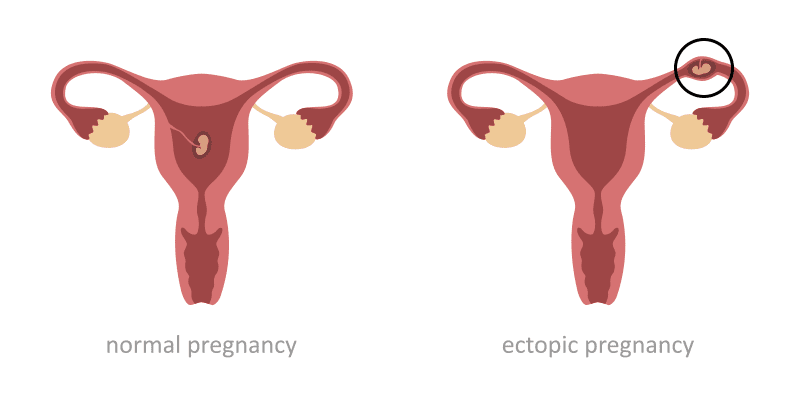Biden’s Food and Drug Administration (FDA) approved a non-prescription birth control pill to be distributed over-the-counter for the first time in American history. This drug, expected to be available in early 2024, is no doubt in part a response to states and localities across the country that have passed Pro-Life measures since the overturning of Roe v. Wade.
The drug, called “Opill”, belongs to a class of progestin-only contraceptives. Progestin-only forms of birth control have three methods of action: suppress ovulation, thicken cervical mucus to prevent the passage of sperm, and thin the uterine lining to prevent implantation of embryos.
However, progestin-only methods unreliably prevent ovulation and are overall less effective than combined hormonal birth control.
Women who use progestin-only methods have higher likelihoods of experiencing an ectopic pregnancy, which suggests progestin-only methods may be more likely to upset normal implantation beyond solely preventing fertilization in the first place. Ectopic pregnancies are life-threatening to the mother, and there is no standard method currently available to save preborn children in these cases.

The endometrial change recorded in women using progestin-only methods is also more profound than in women using combined hormonal birth control pills.
All of this means that progestin-only forms do rely on all three methods of action, including thinning the uterine lining to prevent implantation – creating a hostile environment for the tiniest preborn babies, still in the embryo stage of development, to implant.
The FDA does not classify progestin-only contraception as an abortion-inducing drug because it claims that pregnancy doesn’t begin at fertilization, but rather when that already-living embryo implants in the uterine wall. Since abortion is defined as the forced ending of a pregnancy, and these pills only end existing preborn life before implantation, anti-Life sources refuse to characterize these methods as potential abortifacients. We know that Life begins at the moment of fertilization, when sperm and egg unite to create a unique human individual with their own unique DNA. Women are made to believe that these pills won’t harm their child if they do conceive, but that is inaccurate.

Now, by making Opill accessible over-the-counter, women will be even more uninformed of this risk of progestin-only birth control. This drug will be distributed starting next year without an age limit or parental consent. The price of Opill will be released a couple months before it is available on shelves.
The abortion industry was unsurprisingly involved in this approval process too. Whole Woman’s Health Alliance, the nation’s second largest abortion provider, brags about being invited by the Department of Health and Human Services to a stakeholder call with the FDA in discussing Opill.

Again, Opill is anticipated to arrive on the shelves sometime in early 2024.
In the meantime, the Pro-Life community must work more diligently than ever to highlight the concerns over birth control methods like Opill and come alongside Texas Right to Life to build a culture that values every human life from the very earliest stages.
The abortion industry has clearly not stopped working to advance their culture of death since the overturning of Roe v. Wade. Preborn children and their mothers need you to keep fighting to defend them as this battle continues.

